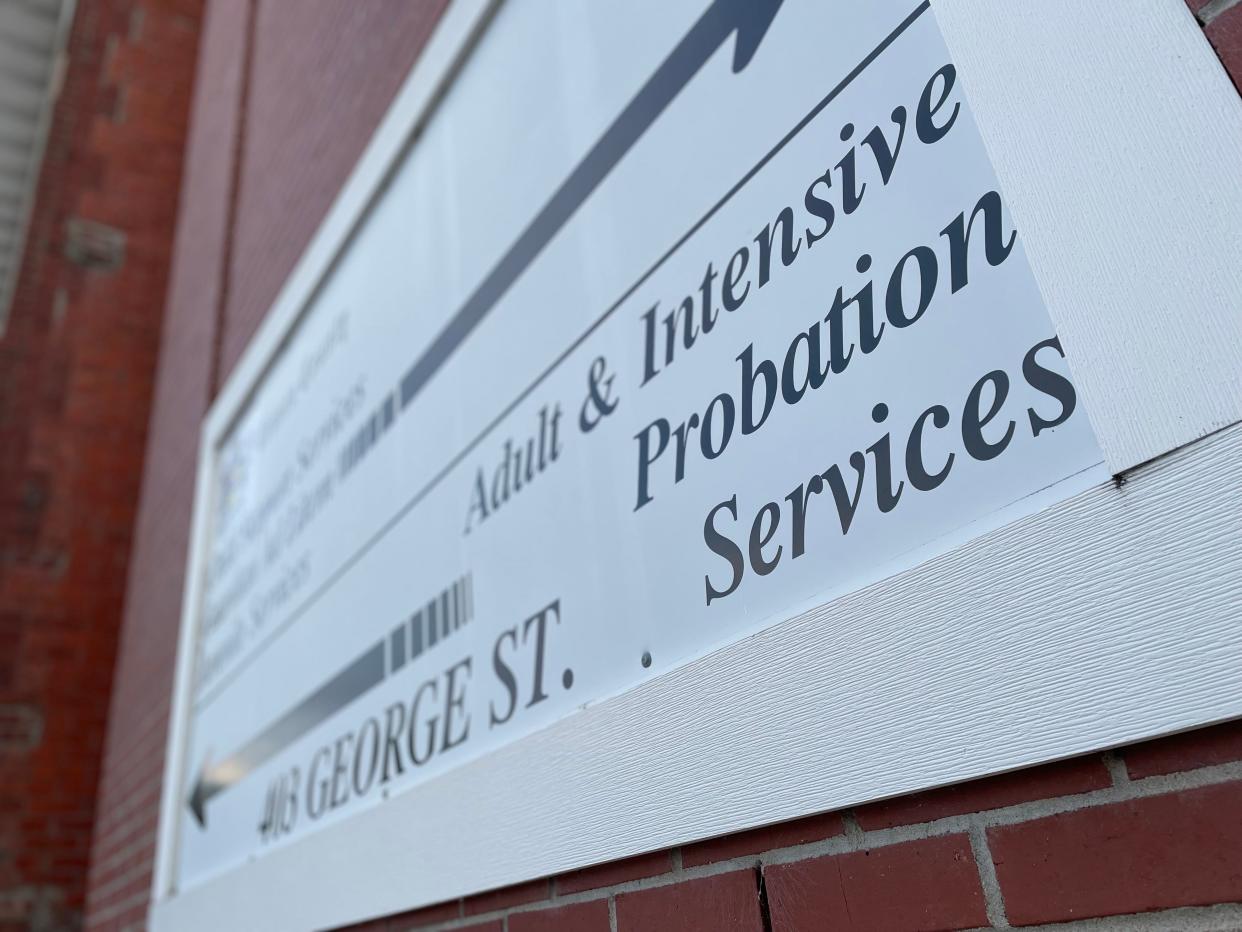Voting law change 'gives voice back' to Craven County residents convicted of felonies

A drive to register North Carolina residents formerly barred from voting under state law will arrive in New Bern this week.
The Unlock Our Vote Freedom Summer Tour will be held on Sunday, August 14 at 2 p.m. at 1000 Broad Street in New Bern. The goal of the event is to register Craven County residents who, due to felony convictions, were unable to vote under a state law that was struck down in March.
The panel of trial judges that rescinded the 1973 law declared that it violates the state constitution, largely because it discriminates against Black residents.
While the state Supreme Court has agreed to hear an appeal of that decision, the date for oral arguments has not been set.
As the ruling stands now, effective July 27, 2022, felons who are not in prison or jail are eligible to vote beginning with the November general election, a change that could impact more than 56,000 North Carolina residents.
According to information from the N.C. Department of Public Safety, in Craven County, there are currently 1,000 people on probation, parole or under post-release supervision who are now eligible to vote.
Restoring a political voice to citizens
In addition to voter registration booths, Sunday’s Unlock Our Vote event will feature music and food as well as several guest speakers.
Talina Massey, who is acting as a local organizer for the Unlock Our Vote event, said video presentations will also be shown featuring residents who lost their voting rights due to felony convictions.
Massey said she was “ecstatic” about the court ruling.
“I believe it is a step in the right direction,” she commented. “It is empowering, especially for second chance individuals who have paid their debt to society and are currently some of our taxpayers, our working class contributing to our local economy.”
Massey, who serves on the executive board of the Young Urban Professionals of Eastern North Carolina, said she works with a number of convicted felons who have become local business owners.
“They have opinions, they have things that affect them and they have a very unique perception as a citizen,” Massey said. “I believe their voices should be heard as well, so I’m excited to see North Carolina moving in the right direction to restore these rights.”
Massey noted that in 2020, North Carolina instituted “Ban the Box” policies at state agencies to increase job opportunities for ex-offenders with criminal records. The city of New Bern enacted it's own "Ban the Box" policy in March 2019 for city employment applications that ask if job candidates have a criminal record.
City of New Bern: New Bern Aldermen agree to ‘Ban the Box’
“I think it’s interesting that we’ll now have this large group of voters who will have the power to help mold their world and empower them to vote for individuals who represent things that they care about,” Massey said.
A decision three years in the making
The March Supreme Court ruling restoring voting rights came after three years of both victories and defeats for the plaintiffs in the case.
In November 2019, Forward Justice, a nonpartisan law, policy, and strategy center filed a lawsuit on behalf of four organizational plaintiffs and six individual plaintiffs in Wake County Superior Court, seeking to reinstate voting rights for North Carolinians previously convicted of felonies.
During the trial that began in August 2021, Forward Justice Director Daryl Atkinson argued that the existing law was racially discriminatory in its intent and had a disparate impact on Black people.
A three-judge panel then modified the existing preliminary injunction in the case, allowing all North Carolinians on probation, parole, or post-release supervision for felony convictions to immediately begin to register to vote in North Carolina elections. But in September 2021, a panel of the N.C. Court of Appeals issued an order effectively blocking that ruling.
Later that month, the N.C. Supreme Court denied Forward Justice’s request to fully reinstate the voting rights restoration injunction.
Then, on March 28, 2022, the court ruled that the state’s current felony disenfranchisement law violates two clauses of the state constitution, unlocking the votes of more than 56,000 North Carolinians with felony convictions.
Finally, on April 26, the Court of Appeals partially granted the defendant's request to halt the order expanding voting rights, but only through the 2022 primary elections on May 17 and July 26. After that, the court ordered that the N.C. Board of Elections must fully implement the trial court’s March 28 final judgment and order, allowing people with prior felony convictions, who are not currently incarcerated, to register and vote.
The state Supreme Court agreed in May to hear an appeal of that decision, and the case remains pending.
The New Bern nonprofit Wash Away Unemployment was a plaintiff in the 2019 case brought by Forward Justice. Founder Corey Purdie, who served time for a robbery conviction, said he considers the ruling the start of a new future for thousands of North Carolina citizens.
"We no longer are muted. All of those that have been out for years and have been afraid to speak because of the trauma and stigma that has been put on their life. Today is a new day," Purdie said.
The most important thing the voting law change does is give hope to parents and children across the state, Purdie said.
"This is a human rights issue, not Black, white, yellow or brown," he commented. "This affects our entire population from Craven County to every county around this state to make up the over 56,000 people that may have lost their voice, but now this is one glimpse of hope being restored."
One Craven County resident who plans to take advantage of the latest ruling is Calvin Talbert.

Talbert, a convicted felon, said he plans to register to vote because “every voice matters.”
He said he believed the state was wrong to keep those who have paid their debt from voting.
“I think being born and raised in the United States we should have that right period, regardless of the mistakes we’ve made in life,” Talbert said.
For more information about voting law changes and the voter registration process, visit https://unlockourvotenc.org/ or contact the Craven County Board of Elections, 252 636-6610, cravenboe@cravencountync.gov.
Reporter Todd Wetherington can be reached by email at wwetherington@gannett.com. Please consider supporting local journalism by signing up for a digital subscription.
This article originally appeared on Sun Journal: Voting law could impact 1,000 Craven citizens convicted of felonies

